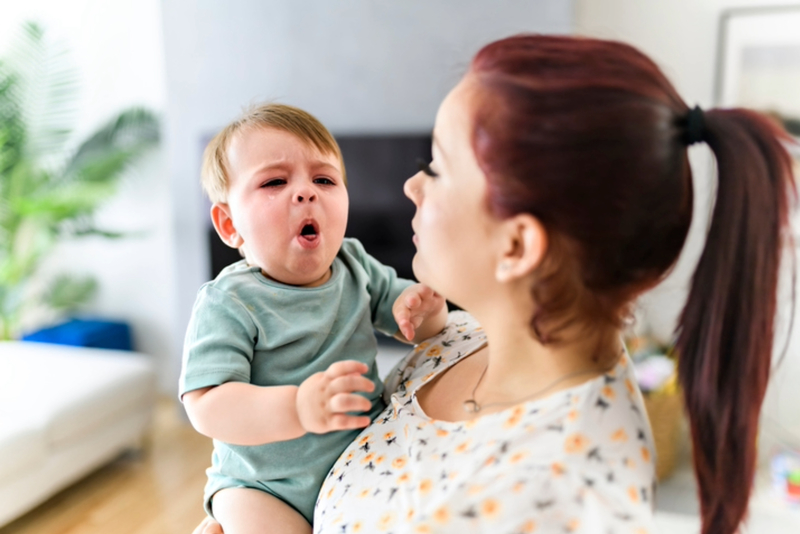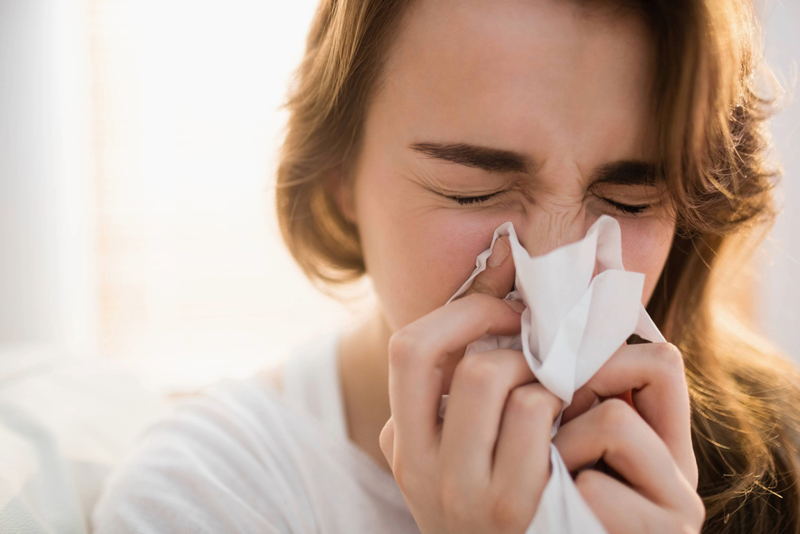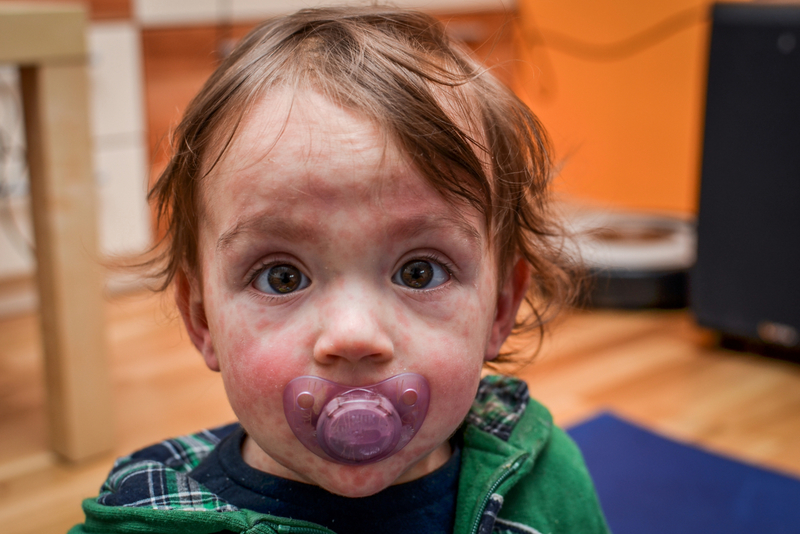News
What Is RSV & Who Is Most at Risk?

RSV, or respiratory syncytial virus, is a common respiratory virus that infects the nose, throat and lungs. Typically spread through the air by coughing or sneezing, it can also be spread by touching a surface with virus particles and then touching the eyes, nose or mouth. RSV season lasts from October 1 through March 30. “RSV symptoms are similar to a cold and usually resolve within a week or two, explained Dr. Janet Engle, a pediatrician at Colorado Mountain Medical (CMM). “However, RSV can be serious for certain people, including infants, older adults and adults and children with chronic medical conditions such as heart or lung disease.”
According to the Centers for Disease Control, RSV is the leading cause of infant hospitalization in the United States. “At Colorado Mountain Medical, we strongly recommend that all infants get protected against RSV,” said pediatrician Dr. Meegan Leve. “Parents can choose how to protect their children: either with an RSV vaccination for the mother during pregnancy or for the baby after birth. Either is effective, but we appreciate when parents choose one or the other, versus not vaccinating at all.”
Pregnant women can receive an RSV immunization called Abrysvo between 32 to 36 weeks of pregnancy. This will pass antibodies onto the baby to protect it against RSV. Another option, called Nirsevimab, is a passive immunization that is effective in preventing severe RSV illness in infants. Studies have shown that Nirsevimab decreases a baby’s chance of being hospitalized for RSV by 80-90%. Nirsevimab is comprised of antibodies that directly protect against the RSV virus and last for at least five months. Nirsevimab is recommended for infants younger than eight months of age during the RSV season, but some high-risk babies older than eight months may qualify for the vaccine. The vaccine is typically not needed in babies whose mother had the vaccine during pregnancy. Nirsevimab is safe to be given at the same time as other vaccines. Side effects are generally mild, including soreness or redness at the injection site.
Both the CDC and American Academy of Pediatrics have reported that Nirsevimab is expected to be more readily available this season than it was in the past. However, while adults can contract RSV, the vaccine is reserved for pediatric patients and given to those who are at the highest risk. “RSV is not dangerous in otherwise healthy adults and only requires symptomatic treatment at home,” explained CMM pediatric physician assistant Lindsey Larson.
“RSV is the one virus we really worry about in very young infants, especially those under two months,” explained Dr. Engle. “This is the age group that is most at risk for hospitalization. Symptoms may include a lower respiratory tract infection with wheezing, breathing difficulties or pneumonia. Conversely, older children typically present with milder symptoms like a bad cold, cough, runny nose and possibly a fever.”
“At Colorado Mountain Medical, we plan to prioritize high risk infants for the immunization first, such as premature infants on oxygen or babies with severe heart disease,” said Dr. Leve. “After that, we will begin offering the RSV immunization to other healthy infants. As doctors who care for pregnant people and young children, we are happy to have the tools to fight severe RSV illness this season.”
More News
-
More

The Benefit of Doing Hard Things
How Creating Resiliency Impacts Long-Term Health I had just returned from my first Hyrox, a fitness race...
-
More

Spring Is in the Air, And So Are Allergens—How to Combat Spring Allergies
For some of us, April marks the end of the ski season. For allergy specialists like me, it means the beginning of a...
-
More

The 3 Cs of Measles
Recent news reports on measles outbreaks have brought the once-dormant disease to the forefront of many...





